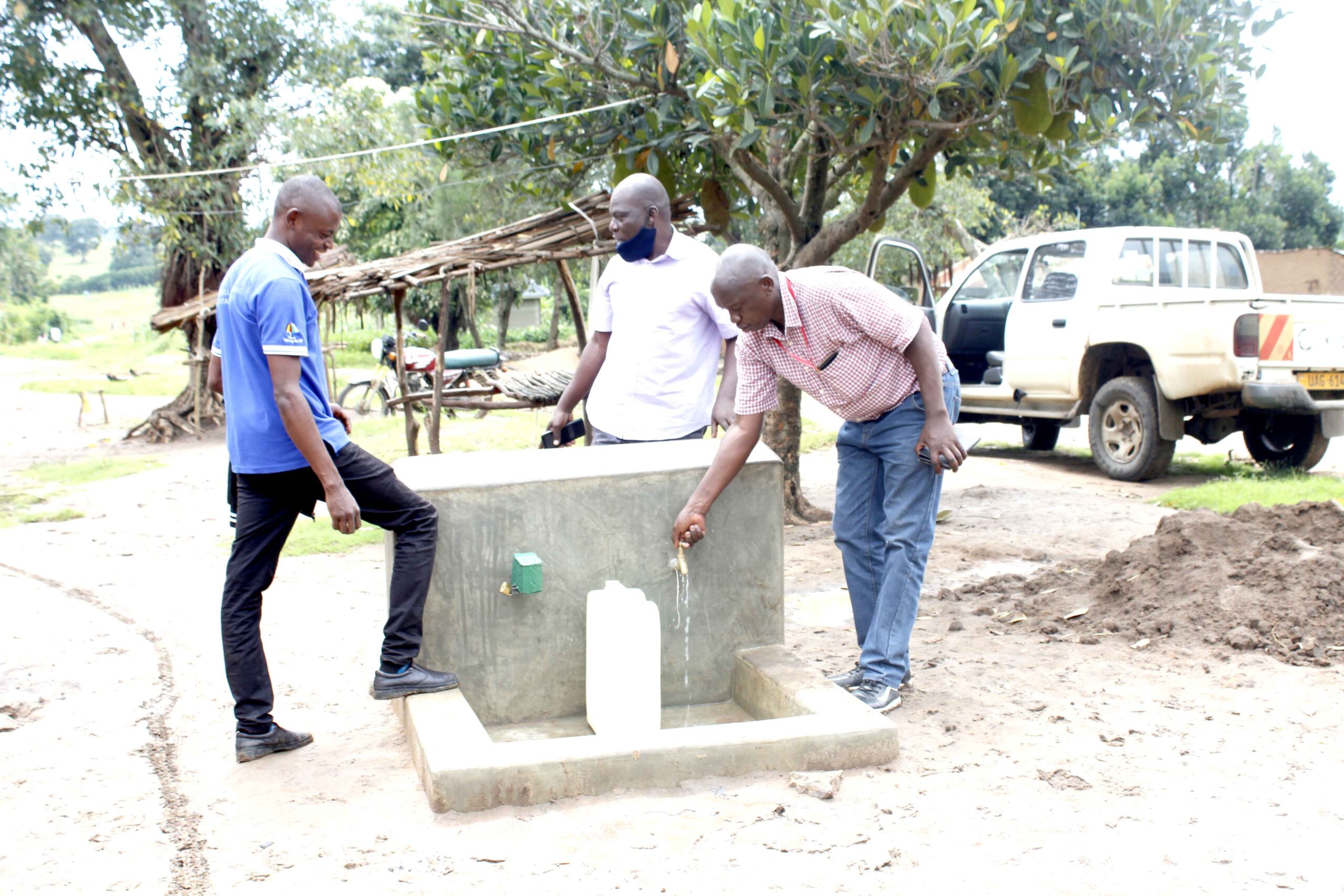Caritas Fort Portal – Hewasa, a renowned Catholic Church-based organization, has significantly impacted Kabarole district in various ways. Some of the notable impacts include:
Caritas Fortportal – Hewasa has improved access to quality healthcare in Kabarole district by operating a hospital and several health centers, providing medical services to thousands of people, especially the vulnerable. Caritas Hewasa Fort Portal has established and supports several hospitals and health centers in Kabarole district, including:
1. Virika Hospital: A 200-bed hospital in Fort Portal town, providing comprehensive medical services, including surgery, maternity care, and pediatric services.
2. St. Joseph’s Hospital: Located in Kabarole town, this hospital offers medical care, laboratory services, and a pharmacy.
3. Nyabukara Health Centre III: A health center in the sub-county of Bukara, providing antenatal care, immunization services, and treatment for common illnesses.
4. Kicwamba Health Centre III: Located in the sub-county of Kicwamba, this health center offers medical care, family planning services, and disease prevention programs.
5. Burahya Health Centre II: A health center in the sub-county of Burahya, providing basic medical care, first aid, and referrals to higher-level facilities.
6. Kibiito Health Centre III: Located in the sub-county of Kibiito, this health center offers medical services, including maternal and child health care.
7. Rwengoma Health Centre II: A health center in the sub-county of Rwengoma, providing medical care, immunization services, and community outreach programs.
These healthcare facilities have significantly improved access to quality healthcare for the people of Kabarole district, especially the vulnerable populations. Caritas Hewasa Fort Portal continues to support and strengthen these health facilities to ensure sustainable healthcare services in the region.
FORT PORTAL SCHOOL FEES PROGRAM
“Help for self-help” is this moto we use in development work. Education is the key to success and progress.
Uganda has in the last 4 decades passed through times of wars, violence, natural catastrophes, and diseases (IHV/AIDS, EBOLA, etc). These problems have left the country with so many scars which manifests themselves in the rampant poverty in the communities.
Millions of people have lost their lives due to war, violence, and diseases. The people who die leave behind children who become very vulnerable because of the loss of their parents.
One of the biggest challenges for the children and the young people is the lack of school fees to enable them to go to or remain in school. School education is still expensive, and many parents and guardians cannot afford it. As a result, children drop out of school, stay at home doing domestic work, others go out in the streets in search of petty jobs to earn some little income for the families’ survival. In this way many children end up being exploited and abused. Many young people flock to urban areas where they meet other challenges of hunger and poverty.
Youth unemployment in Uganda, for instance, between the ages of 18 and 30 is at 13.5%! Unemployed youth are a big problem in society. Youth unemployment results in idleness, drug abuse, sexual abuse, teenage pregnancies, violence, alcohol abuse, perpetuation of diseases etc.
In order to prevent the above-mentioned problems and to empower the young people in the Catholic diocese of Fort Portal, Fr. Joseph Musana initiated a school fees program for vulnerable children especially those orphaned by HIV/AIDS. The programs started in 2005 with the help of friends and well-wishers from Germany!
The lack of school fees is a big problem for many young people and children. The list of children looking for sponsorship is long and because of lack of donors we cannot help all. Therefore, we are appealing to all people of good to help us empower the young generation of our country.
Caritas Fort Portal – Hewasa is implementing WASH SDG 6 project in the Northern Region of Uganda, specifically in Agago sub-catchment. The program aims at contributing to sustainable and equitable access to and use of inclusive WASH services for communities through the adoption and scale-up of improved WASH behavioral practices. Various combinations of community-based approaches are being used to create awareness and understanding of WASH needs and rights by the communities and institutions. Using demand-driven approaches, the communities and institutions are realizing the need to invest in improved WASH services and are linked-up with WASH focused service providers and government WASH structures. The increased demand for, access to and use of improved WASH services will ultimately lead to sustainable access to and practice of inclusive WASH services by all. The project is engaging community members through different approaches, such as building partnerships/linkages with business enterprises and financial institutions to ensure that there is improvement in WASH service provision.


